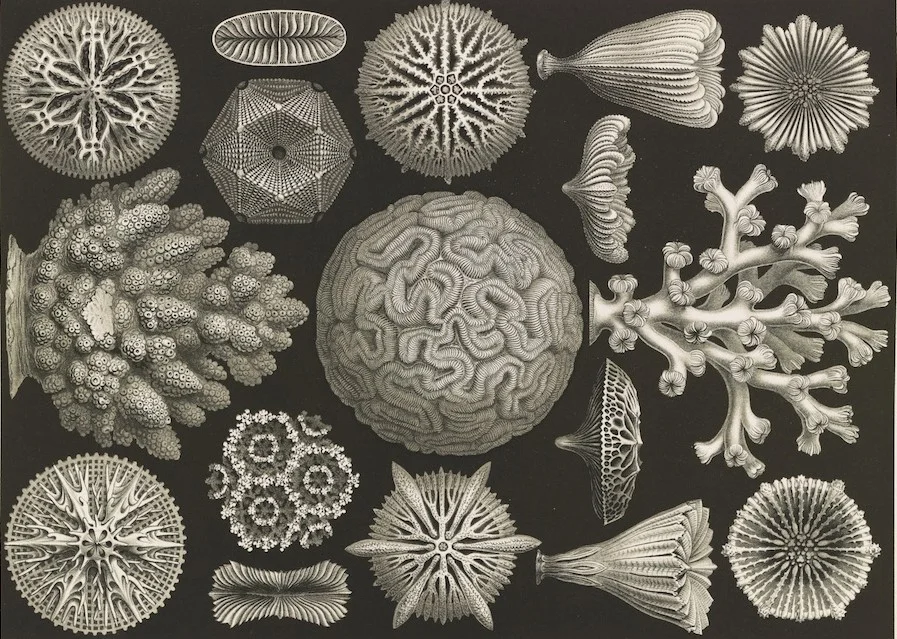PHIL 170: Social Ethics and Political Thought [Fall 2016]
Syllabus
Winston Churchill famously remarked, “Democracy is the worst form of Government except for all those other forms that have been tried.” With an election coming up, now is the time to ask whether Churchill was right. What is democracy good for? How should we organize our democracy? What are our obligations as citizens of a democracy? What challenges does democracy face, now and in the future? During this semester, we will investigate each of these questions:
- What is democracy good for? We begin by defining democracy and considering major arguments in favor and against it.
- How should we organize it? Considering justifications for democracy leads us into our second section, in which we look at different theories of democracy—libertarian, pluralist, and participatory—and discuss their advantages and disadvantages.
- What are our obligations? The main issue we will consider in the third section of the course is voting. Do we all have an obligation to vote, or could it ever be morally wrong to vote? What voting system should our society use? We will also briefly think about whether we should ever engage in civil disobedience.
- What challenges does democracy face? We end with a look forward to the challenges democracy faces, now and in the future. Do past and present racism and inequality affect the kind of democracy America should build? And can democracy cope with the threats posed by climate change?
